12 Financial Mistakes I've Made (So You Don't Have to)
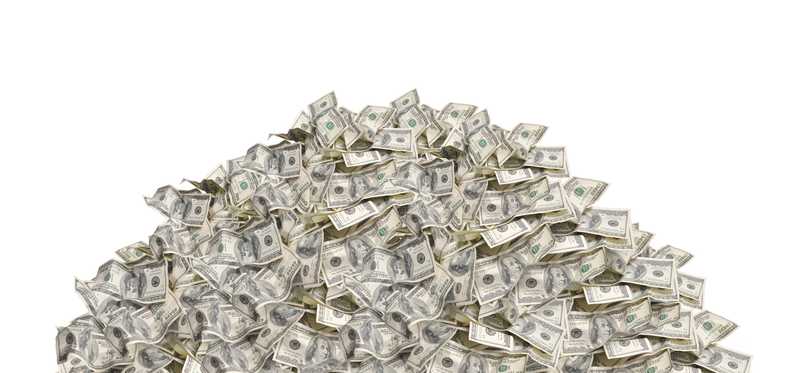
12 Financial Mistakes I've Made (So You Don't Have to)
Hindsight is 20/20
If 21-year-old me knew what 44-year-old-me knows, I'd be a lot richer now.
Of course, we all make mistakes in our youth, especially before we take on any real responsibility. Back before I had a wife, child, or even a pet, lots of financial moves that seem preposterous now felt like a fine idea then.
Age, however, has (I hope) given me both wisdom and perspective. I've learned from my mistakes, and maybe others can recognize their own financial follies in the stories below before they repeat those mistakes.
Previous
Next

Don't be sloppy about paying your bills
Automation has made paying your bills easier. Now, you can simply set your recurring bills to auto-pay so you never make a late payment.
However, if you choose not to do that, it's very important to not be late with a payment. Your cable, internet, or wireless phone carrier likely reports late payments to the various credit bureaus. The same is true of utilities and even doctor's offices.
In my younger days, I had the money to pay my bills but was sloppy when it came to keeping tracking of them. That left me with late payments, some of which were reported, hurting my credit score.
Previous
Next
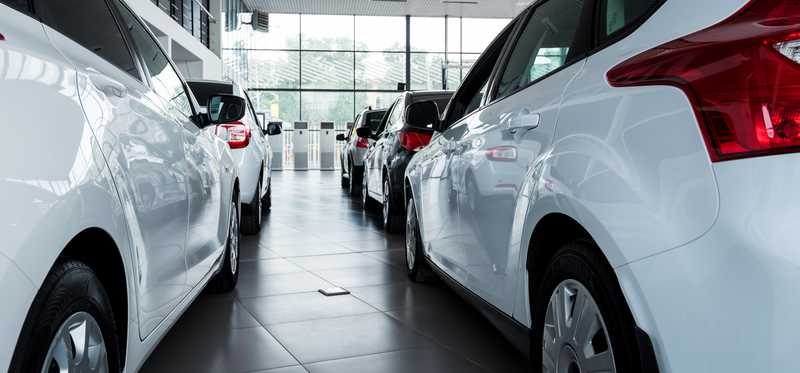
Don't buy too much car
In my mid-20s, I decided I wanted to drive a sports car. This may or may not have been a poor attempt at impressing women, but it put me in a situation where I owned a car that was expensive to maintain.
I paid cash for the car (using a one-time cash windfall that could have instead been invested), but I neglected to consider that everything about owning it would be expensive. It required premium gas, and any trip to the mechanic was dramatically more expensive than it had been for my previous, more basic vehicles.
Previous
Next

Don't roll one loan into another loan
Another car mistake I made was trading in a still-viable car I owed money on. The dealer rolled my old loan into my new one, giving me the newer car I wanted but putting me in a position where my equity was well below what I owed on the new car -- and it would stay that way for years to come.
Fortunately, I never had major problems with that car, and eventually (six years later) I paid off the full loan, keeping the car for another year afterward to save some money.
It's tempting to get a new car when you still owe on an old one, but it puts you into a financial hole. It also makes you vulnerable in the case that you total the vehicle and your insurance payout is less than you owe, leaving you without transportation and in debt.
Previous
Next
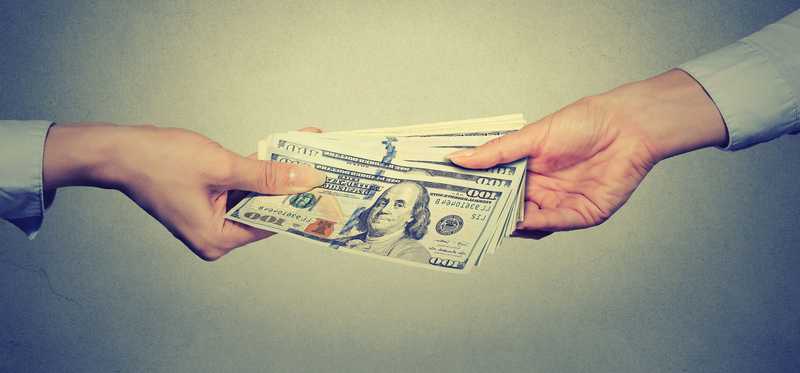
Don't loan money informally
In general, loaning money is best left to banks. If, however, a situation arises where you think it's reasonable to make a loan to friends or family, you should do so only in a professional way.
Have a formal agreement detailing the payment terms, including any interest you plan to collect, what happens if the borrower can't pay, and any other conditions you agree on.
If you don't do this, it's easy for the other person to see the terms in a different way than you do. In my case, I loaned money to someone who paid it back, but not in the time period I had expected.
Previous
Next

Start saving early
Very few people in their early 20s think about their future needs to buy a house, pay for college, or fund their retirement. Because of that, they spend what they make and decide to worry about tomorrow when it comes.
I was no different. In my 20s, whatever money came in was also what went out. Had I put even 5% away, I would have been in far better shape when tomorrow came and I wanted all of the things mentioned above.
Even small amounts of money can grow substantially over time. I didn't make big money between 20 and 30, but had I saved 5% of my salary, even in conservative investments, I would have had a strong down payment on a house. Instead, we rented for two years longer than I wanted, missing out on a then-exploding housing market.
Previous
Next

Don't buy too much house
Sadly, this one was fairly recent. About a decade ago, my wife and I were looking for a nicer house. We found one that was at the absolute limit of our budget, not accounting for the fact that it had a monthly homeowners association fee. We could afford it, but the monthly payments exceeded our last home's payments by more than $1,000. Such an increase in your expenses requires a big lifestyle change.
The house also had more square footage than we needed, and we probably should have just kept looking. I liked the house, and eventually our incomes rose to make it comfortable financially, but it cost me years of unneeded stress.
Previous
Next

Don't buy too little house
Before buying too much house, my wife and I repeatedly bought too little house. We would spend way less than we could have, and we ended up with homes that did not meet our needs. That led us to move on a near-annual basis, and while we turned a profit on each sale thanks to a rising housing market, we also wasted a lot of money in fees and real estate commissions.
Had we just started somewhere in the middle, we may have cut out perhaps three or four moves. Given that our houses ranged from $135,000 to $305,000 at 6% realtor commission (along with closing costs and other fees), that's not a small amount of money we blew by failing to find the right house in the first place. And if we hadn't happened to buy during a strong housing market, we would have paid dearly for this mistake.
Previous
Next

Don't charge luxury items unless you can pay the bill
Sometimes life forces us to buy something on credit that we can't pay back immediately. If your water heater blows up and you need to replace it, that's a good reason to tap into your credit line.
If, however, a new video game console comes out and you want it, that's not a good reason. In my younger days, I viewed my credit card limits as a potential loan that could be spent on anything I wanted. That led to countless dollars being spent on fees that could have gone into my pocket had I simply saved up to buy what I wanted.
Previous
Next
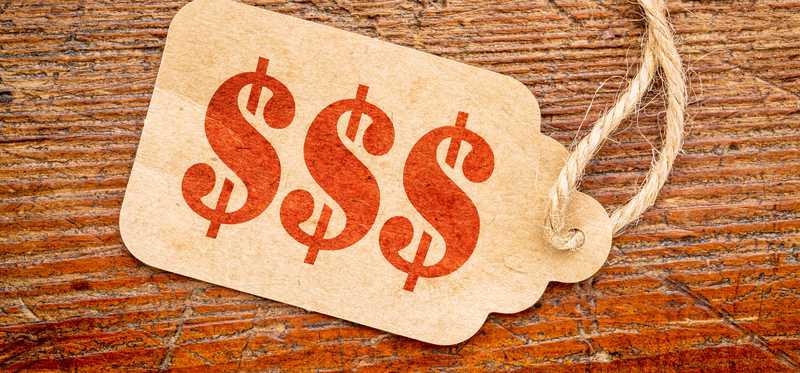
Always price check
The internet has made it easier to compare prices, but sometimes people still buy things on a whim. These days, I don't purchase an airline ticket without checking multiple sources, and buying anything electronic involves significant research.
Young me, however, was less methodical. I booked trips because the flight times were convenient or made major purchases without doing some comparison-shopping.
Today, there are few things that can't be found for less if you look hard enough. Take the time and be choosy about where you spend your money, and you'll hold on to more of it.
Previous
Next
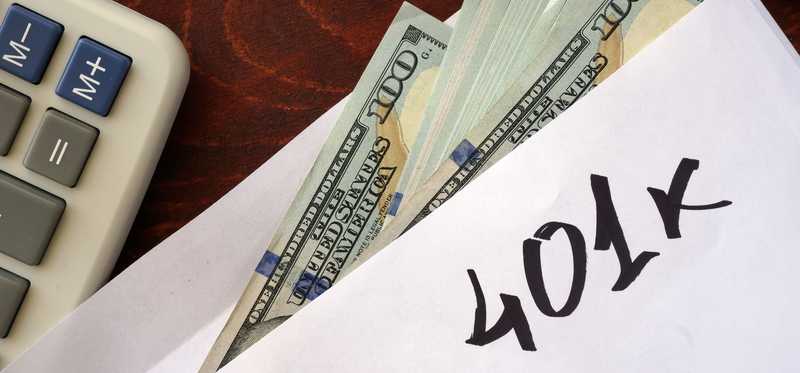
Take the full 401(k) match
If your employer will match contributions to a 401(k), then not taking them is leaving money on the table. In my case, an early employer offered a 50% match on contributions of up to 3% of your salary.
At the time, I made maybe $30,000 a year, so that 3% seemed really important to me in the moment. In reality, hanging on to that money cost me a 50% guaranteed return on my investment. It also cost me roughly 23 years' worth of compounding returns on that money, so even though the forgone contributions were small, the damage was big.
Previous
Next

Have a budget
Whether you make a lot of money or a little, it's important to have a plan. You need to know where your money is going. In fact, that may be even more important when you have less cash.
Even if you have tons of money, it's still important to know where it's going. Your budget need not cover every expense in detail. You can stick to big categories like "housing" and "entertainment," but you need to know in broad terms where your cash is going, or else you may not have enough to go around.
Previous
Next
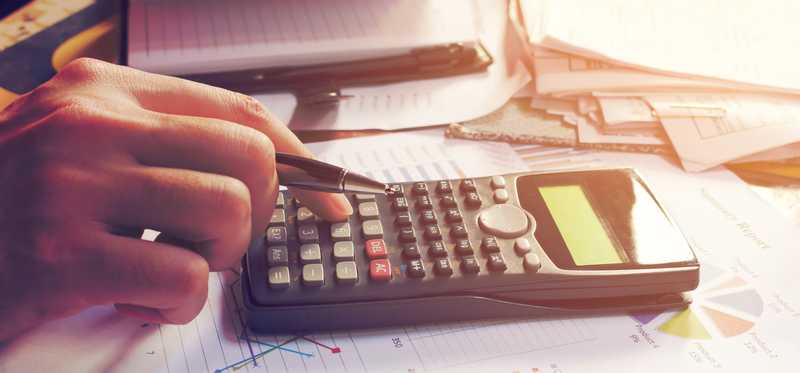
Check yourself (before you wreck yourself)
For decades, I simply assumed that my bank was getting things right. I never reconciled my checkbook or checked debit card purchases versus my account.
That changed a few years ago when a handwriting error added a 0 to a relatively small restaurant bill. Maybe I was cheated, maybe it was my poor writing, but had I not checked, I may not have seen it.
Who knows how many errors -- both big and small -- I missed before that? Now, I'm not my mother, reconciling to the penny, but I check enough to know if something has gone awry, and shockingly, something does more often than you would think.
Previous
Next
Invest Smarter with The Motley Fool
Join Over Half a Million Premium Members Receiving…
- New Stock Picks Each Month
- Detailed Analysis of Companies
- Model Portfolios
- Live Streaming During Market Hours
- And Much More
READ MORE
HOW THE MOTLEY FOOL CAN HELP YOU
-
Premium Investing Guidance
Market beating stocks from our award-winning service
-
The Daily Upside Newsletter
Investment news and high-quality insights delivered straight to your inbox
-
Get Started Investing
You can do it. Successful investing in just a few steps
-
Win at Retirement
Secrets and strategies for the post-work life you want.
-
Find a Broker
Find the right brokerage account for you.
-
Listen to our Podcasts
Hear our experts take on stocks, the market, and how to invest.
Premium Investing Services
Invest better with The Motley Fool. Get stock recommendations, portfolio guidance, and more from The Motley Fool's premium services.